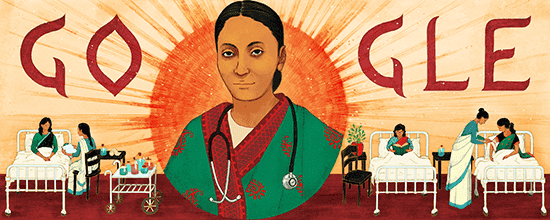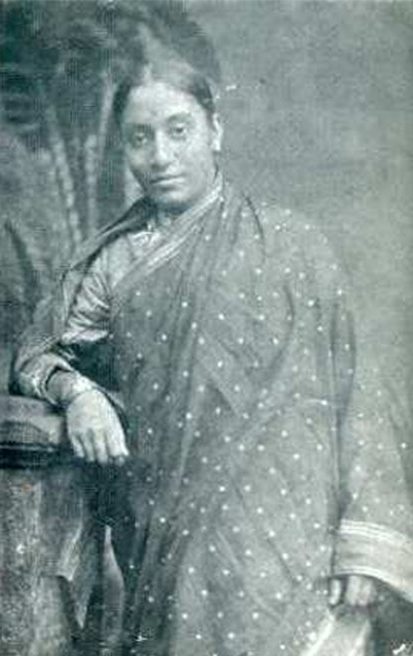Google India on Wednesday paid homage to Rukhmabai Raut, one of the first Indian women to practice medicine in colonial India. “Today’s Doodle by illustrator Shreya Gupta shows the courageous doctor among her patients, doing the dedicated work of a skilled physician,” said Google’s blog post on its doodles.


What makes her so significant, is that Rukhmabai was also instrumental in the government’s adoption of the Age of Consent Act. The story began when she was married off at the age of 11 to Dadaji Bhikaji, and continued to stay with her parents, after marriage. Seven years later, Dadaji moved court seeking it to restore his conjugal rights, and order his wife to live with him. Rukhmabai refused to move in, and fought the case in court. The Dadaji vs. Rukhmabai case that went on for three years triggered a debate in both England and India, with the verdict going in favour of her husband, wherein the court ordered Rukhmabai to live with her husband or face imprisonment.Rukhmabai refused to accept this decision and said she was willing to opt the latter.


However, the verdict was subsequently overruled by Queen Victoria, and this led to the creation of Age of Consent Act, 1891, despite opposition from conservative Indians. Rukhmabai legally separated from her husband in 1888 and moved to England to study medicine. She got support from Dr. Edith Pechey of Bombay’s Cama Hospital, activists, and fellow Indians in England to complete her course in the London School of Medicine for Women. She returned to India in 1894 and practised in Surat, Rajkot, and Bombay for the next 35 years. She passed away on September 25, 1955.
At a time when issues of consent, marital rape, and divorce, are increasingly becoming topics of debate in context of women empowerment, what Rukhmabai managed to fight for in the 19th century is commendable and deserves applause. We certainly need to salute her contribution to the rights of women in India, and hope to see many more such women fight for their own rights, and that of others, in the near future.




